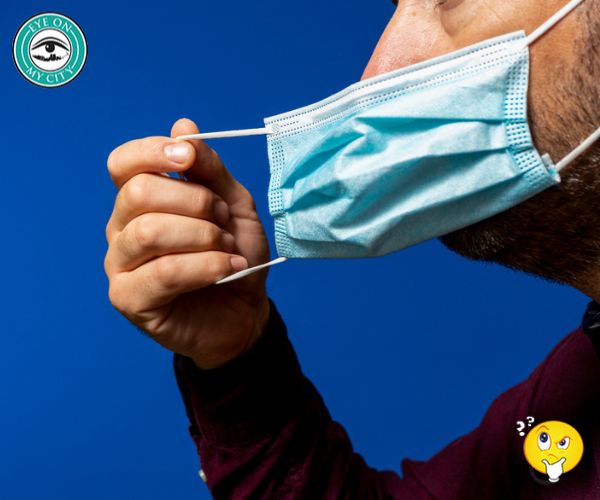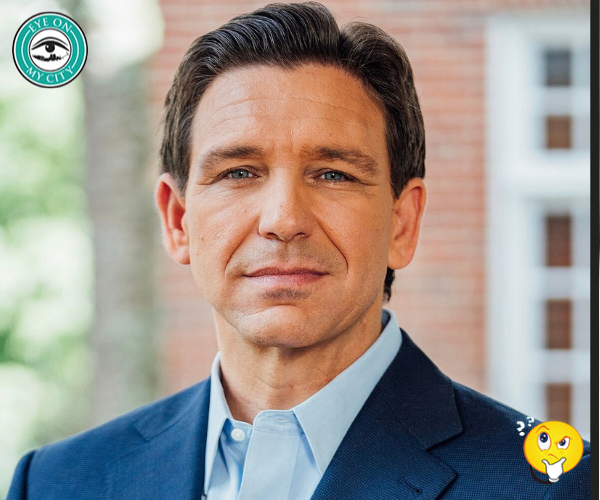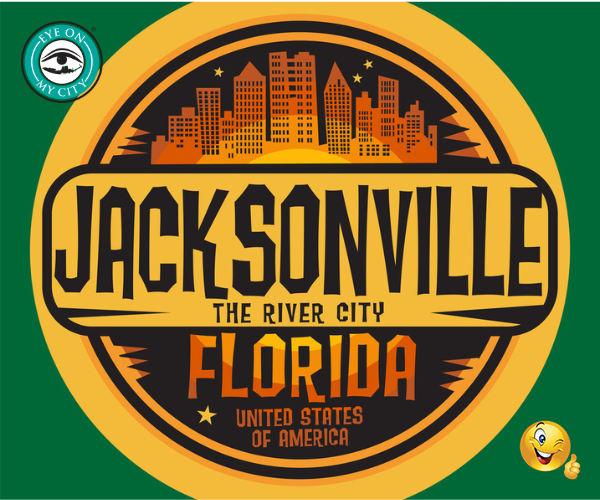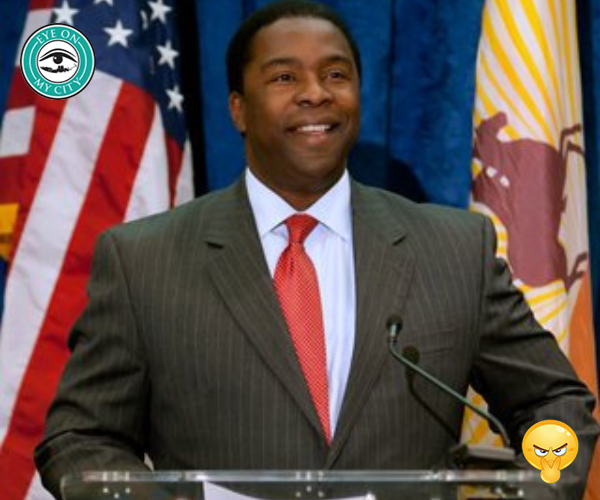UPDATE:
Ed Markey of Massachusetts BLOCKED the Bill to Ban Mask Mandates. Ed also is a huge climate change supporter. Poor Ed. He’s so uneducated.
In a high-stakes political maneuver, Senator J. D. Vance is set to demand unanimous consent on his “Freedom to Breathe Act” sparking a showdown between Democrats and Republicans over federal mask mandates. The legislation, if passed, would prohibit the re-imposition of federal mask mandates for domestic air travel, public transit systems, and educational institutions, except for hospitals and nursing homes.
The move comes at a crucial time as COVID-19 cases have once again surged across the United States, with hospitalizations increasing by 22 percent last week. Public health experts and university officials have advocated for the reinstatement of mask mandates in various settings, prompting Senator Vance to take a stand for individual freedom.
Senator Vance, speaking about his proposed legislation, stated, “Multiple entities within our government, within the public health bureaucracy, there are local schools in the D.C. area now re-imposing mask mandates, this is coming back unless we stop it from happening. That’s why I introduced this legislation, and I’m going to force the Democrats to vote on it. If they say the mask mandates are not coming back, then come to the Senate floor, vote with us, and say ‘no more mask mandates.’ Let’s make it bipartisan.”
The “Freedom to Breathe Act,” originally introduced on September 5, would prevent federal officials, including the President, from issuing mask mandates for domestic air travel, public transit systems, or primary, secondary, and post-secondary schools. It would also prohibit airlines, transit authorities, and educational institutions from refusing service to individuals who choose not to wear masks.
The legislation has garnered support from fellow Republican Senators Josh Hawley, Eric Schmitt, and Mike Braun. Proponents argue that it is essential to safeguard individual freedoms and prevent the re-imposition of mask mandates, which they argue have questionable efficacy in preventing the spread of respiratory viral infections.
The debate raises questions about the legality of federal mask mandates. Last summer, the Supreme Court declined to hear a challenge to the DC Circuit Court’s decision that the Transportation Security Administration (TSA) could require airline passengers to wear masks. The “Freedom to Breathe Act” now puts Congress in a position to make a clear statement on the issue.
The proposed legislation is set to sunset in 2024, allowing Congress to reassess the situation based on the evolving COVID-19 landscape. If passed, it would:
1. Prohibit federal officials from issuing orders requiring mask or face coverings on passenger flights, public transit, and schools until December 31, 2024.
2. Block airlines, transit authorities, and educational institutions from refusing service to those who decline to wear masks.
3. Restrict the Secretary of Health and Human Services from mandating masks during public health emergencies.
4. Limit federal spending on mask mandates.
5. Require all agencies to issue new guidance within 90 days of enactment to implement the law and preempt any conflicting laws or guidance.
As Senator Vance seeks unanimous consent for his bill, Senate Democrats will face a critical decision on whether to support mask mandates or prioritize individual freedom in the ongoing battle against COVID-19. The outcome of this showdown could have significant implications for public health policy in the United States.










